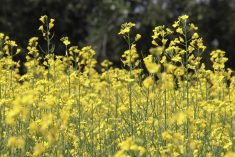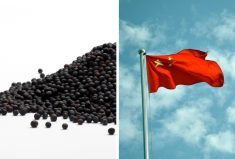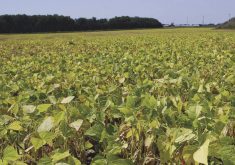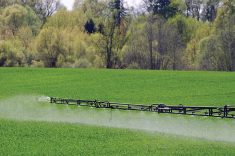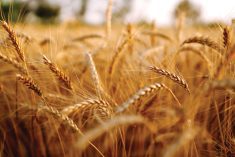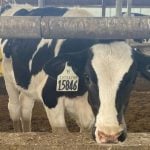Europe’s wealthiest landowners, including Britain’s Queen Elizabeth and Spain’s Duchess of Alba, will see deep cuts to their future farm subsidies under proposals from members of the European Parliament Jan. 23.
Annual payments to the top recipients of agricultural subsidies should be capped at 300,000 euros from 2014, the European Parliament’s influential agriculture committee said.
The committee was voting on legislative proposals from the European Commission to overhaul the bloc’s common agricultural policy (CAP) from 2014. The policy currently consumes 55 billion euros a year, making it the largest single area of EU spending.
Read Also
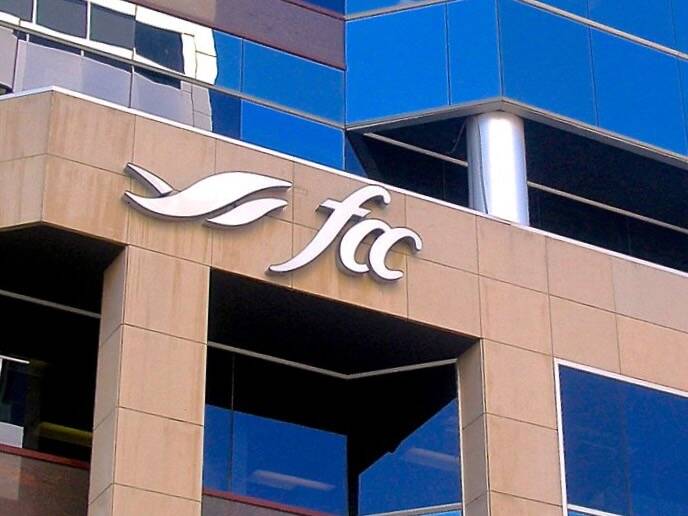
Farm Credit Canada forecasts higher farm costs for 2026
Canadian farmers should brace for higher costs in 2026, Farm Credit Canada warns, although there’s some bright financial news for cattle
It is not yet clear whether the committee’s position will be followed by the full parliament, but the vote will guide the assembly’s negotiations with EU governments on the CAP reform, which are expected to begin in March.
Queen Elizabeth II received more than eight million euros in EU farm payments between 2000 and 2009 for royal estates including Sandringham in Norfolk and Balmoral in Scotland, transparency campaigners FarmSubsidy.org said.
Under the rules being proposed, the Queen would have received only three million euros over the same time frame.
The group estimates that more than 1,500 CAP beneficiaries received in excess of a million euros in 2011, the most recent year for which data are available.
The money saved by capping the largest payments would be retained by governments and used to fund rural development projects, while agricultural co-operatives would be exempt from the subsidy limit, a spokesman for the committee said.
Sugar reform delay
Committee members voted to maintain the bloc’s system of strict national sugar production quotas and minimum prices for sugar beet until 2020, rather than scrapping them from 2015 as proposed by the commission.
That would delay the lifting of an annual limit on EU sugar exports fixed under a World Trade Organization agreement, currently set at 1.35 million tonnes.
Members also weakened planned new environmental measures that farmers must take in order to qualify for a portion of their direct subsidies.
These included a requirement bitterly opposed by farmers to leave seven per cent of their land fallow. The committee reduced the level to three per cent from 2014, rising to five per cent in 2016. Any move to increase the level beyond that would have to be agreed in new legislation, the committee said.
Lawmakers watered down plans to share subsidies out more fairly within EU countries according to farm size, by giving governments the option to maintain a certain level of inequality in 2019 — the proposed deadline for redistribution.
But the committee wants to accelerate moves to distribute subsidies more equally between EU countries. Producers in Italy, Belgium and the Netherlands currently receive more than 400 euros in direct subsidies per hectare on average, compared with less than 150 euros per hectare in the EU’s Baltic states.
Airports and golf clubs would no longer be eligible for EU payments under plans to only pay subsidies to “active farmers” only, although governments would be free to redefine which businesses would be excluded.
The committee was voting on more than 8,000 amendments to the draft legislation on CAP reform proposed by the commission in October, the highest number in the parliament’s history.
The current reform is the first time the parliament has a joint say on EU agriculture policy along with EU governments.
The debate on CAP reform is taking place in parallel with talks between EU leaders on the bloc’s budget for 2014-20, which is expected to include a cut of about 10 per cent in agricultural spending compared with the current budget period.
The prospect of less farm spending in future has led governments and the parliament to scale back some of the reforms proposed by the commission in an effort to mollify the powerful EU farm lobby.


